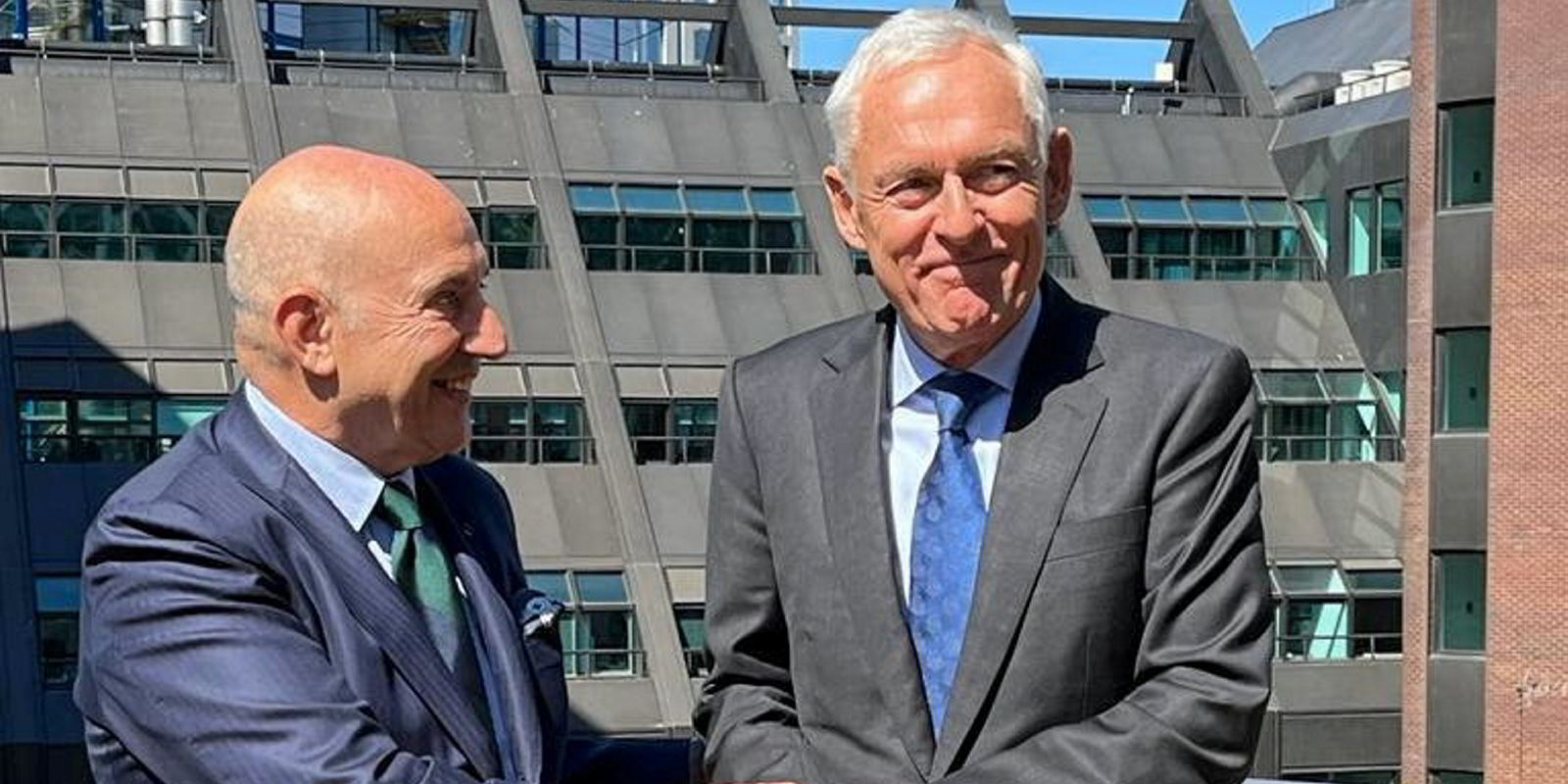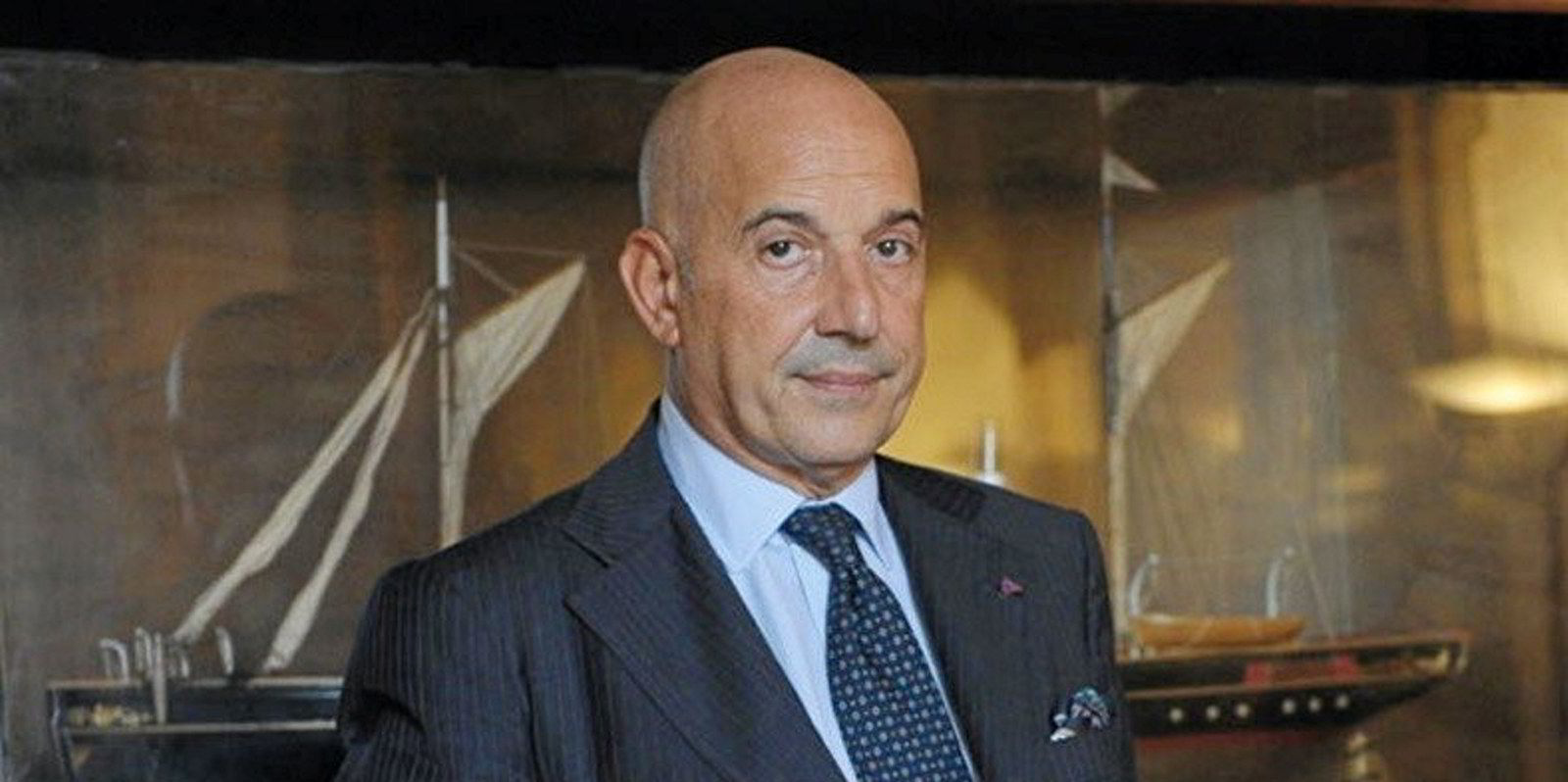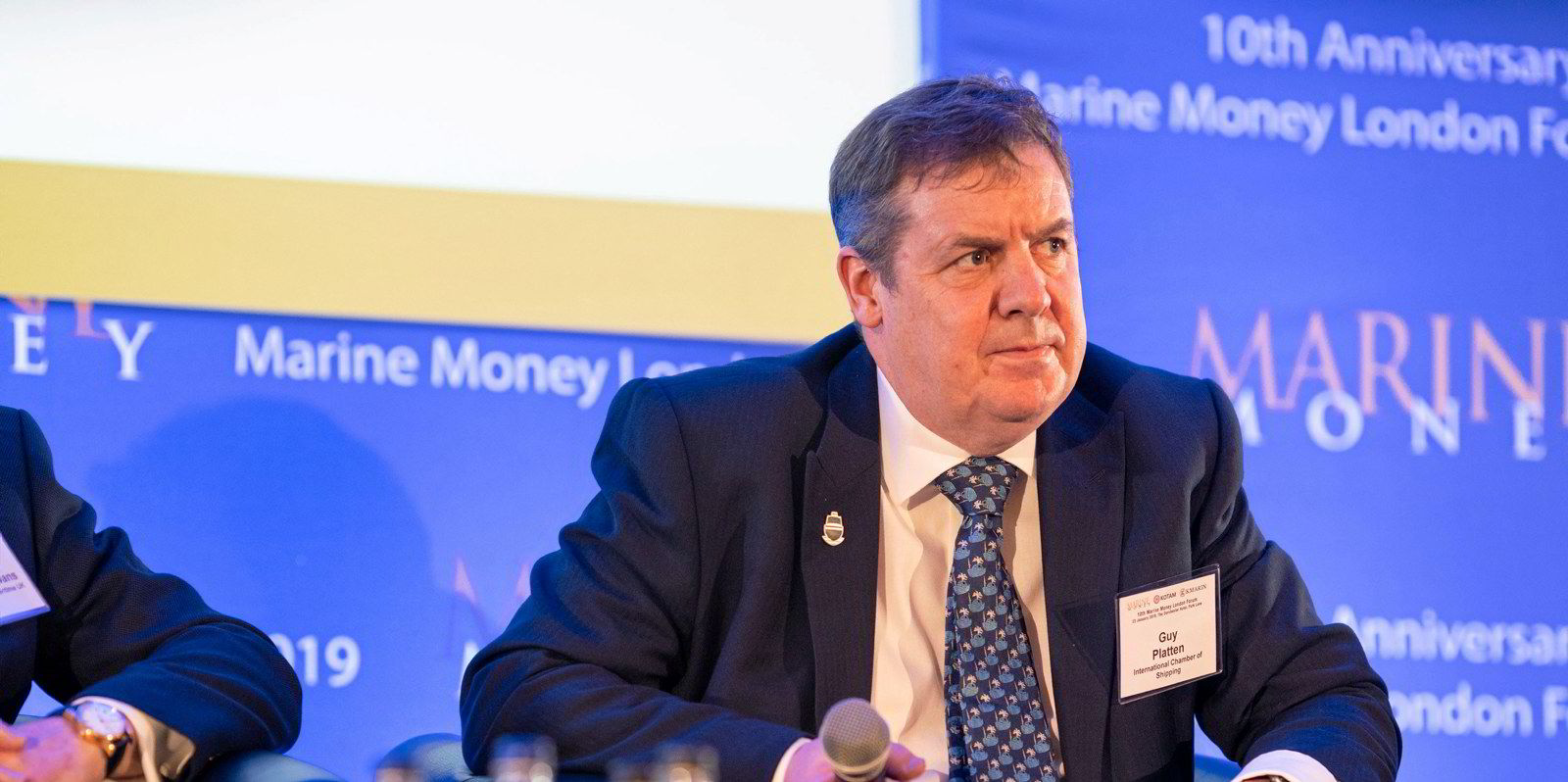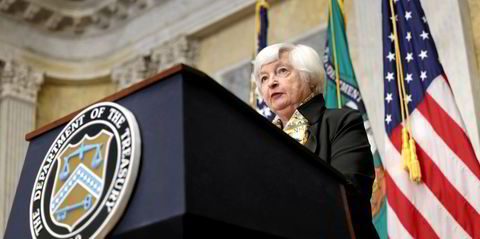Leading shipowner Emanuele Grimaldi has thrown his weight behind decarbonisation incentives for ‘first movers’ and developing nations.
He plans to use his new role as chairman of the International Chamber of Shipping to help achieve consensus on decarbonisation issues.
Grimaldi, who took over at the ICS in June, said that decarbonisation remains the top priority.
But there was a “window of opportunity” during the next year that could be used “to address the matter on a global basis rather than a regional basis”.
“We cannot underestimate the scale of this huge challenge,” he told journalists at the ICS headquarters in London.
The shipowner noted the differences in the International Maritime Organization between member states from different geographies, as well as between developed and developing countries.
“And I see that my job as chairman is to bring these parties together, to seek a solution to this,” he said. “The time for discussion is over, and we have to move very quickly.”
As earlier reported by TradeWinds, a zero-emission target is backed by IMO heavyweights Japan, the UK, US and European Union.
However, some developing countries, including Argentina, Brazil, China and the United Arab Emirates, are urging caution over the raised targets.
Speaking after meeting with IMO secretary general Kitack Lim in mid-September, Grimaldi voiced his backing for international market-based measures to promote decarbonisation.
That could raise significant sums with a tax on carbon of $50 to $100 per tonne likely to bring in $12bn to $25bn a year, Grimaldi estimated.
Those funds might be used to help early movers to buy a portion of the expensive carbon-neutral fuels.
“That definitely would cost more in the beginning, because it [the fuel] is not produced at scale.”
Grimaldi was optimistic about prospects of success at the IMO meetings. “There are serious discussions between member states on this,” he said.
He added that the ICS remains committed to the ambition of having 5% of ships using zero-emission fuel by 2030.
But that goal would be more achievable with incentives that reward developing countries that might produce zero-carbon fuels.

Global focus
Grimaldi added that a global measure was preferable to a regional scheme, such as the European Union Emissions Trading System (ETS).
The EU ETS is currently being negotiated in trialogues by the European Commission, European Parliament and national governments.
Such a scheme would likely result in retaliation against EU shipowners sailing to other parts of the world, he said.
He added, however, that shipowners should prepare for every eventuality. The EU ETS was unlikely to be introduced next year, but it could yet be introduced in 2024, he said.
That would require contributions from shipowners in 2025.
“This is not what we hope will happen,” Grimaldi said, adding that he was optimistic after meeting senior EU representatives.
If the IMO was ready to adopt an environmentally friendly approach and introduce market-based measures, it was likely the EU would withdraw the ETS proposal. “This is what we hope. We would rather this is tackled at a global level,” Grimaldi said.






